October 22, 2020 | 9:30am BST
The Future of Smart Cities: Innovation and Disruption at the Grid Edge
For decades our power supply has been produced in large power plants, with energy reaching consumers via the grid. However, in the new energy world, where more power comes from renewable sources, this concept is being pushed to its limits – literally.
As we transition to using more sustainable energy sources, the way we generate, consume and store energy is changing. Decentralization and digitization of the grid is becoming the new reality as energy moves from the center of the grid to the edge. Grid edge – where smart buildings meet smart grids – is an area where there are opportunities for growth. What new technologies will bring together the consumer, prosumer and the intelligent grid? How can digitization enable a new way for energy production, storage and consumption to work together seamlessly? As new entrants come into the space, what opportunities and challenges lie ahead for traditional power companies? And how will regulation evolve over the coming decades?
Agenda
October 22 - Thursday
Connecting the New Energy World
Over the last decade renewable energy has changed the power game. With more consumers driving electric cars, putting solar panels on their roofs or businesses prioritising decarbonsation, we have seen a historically centralised power system, become decentralised. As the amount of wind and solar energy increases, the greater the fluctuation in power generation. The key is to ensure there is a balance between generation and consumption on the power grid at all times. With all of these new technologies connecting at the end of the grid, the question is raised of how you can make the process smarter, while minimising the challenges of cybersecurity and data protection issues? From microgrids, to eMobility to battery storage and the seamless connection to smart buildings, districts and cities, this panel will discuss the various types of technologies on offer to make the grid smarter, while at the same time protecting consumer data.
Moderator
-
Laura Millan
Climate change reporter, Bloomberg Green
Speakers
-
Javier Cavada
CEO, Highview Power
-
Sabine Erlinghagen
CEO, Digital Grid Siemens Smart Infrastructure
-
Mark Wilson
CEO, ILI Group
Grid Edge Industry Presentation
Moderator
-
Laura Millan
Climate change reporter, Bloomberg Green
Speaker
-
Michael Kenefick
Analyst, BloombergNEF
New Entrants, New Opportunities or New Threats?
The revolution has begun, new entrants are coming in to the market. Oil and gas companies, the automobile industry have all started to get involved and have pursued a series of mergers and acquisitions in order to claim a stake on the power grid. But how will the grid edge cope with these new entrants, which also include a vast array of start-ups and what opportunities or threats exist on the horizon? In addition, over the next decade the grid edge market will be defined by regulation, how this will impact new entrants within this space will be key as well as examining what the future holds for traditional power plants.
Moderator
-
Akshat Rathi
Reporter, Bloomberg Green
Speakers
-
Tom Chadwick
CEO, GI Energy
-
Greg Jackson
Founder and CEO, Octopus Energy
-
Sandrine Mubenga
CEO, D.R.Congo Electricity Regulatory Authority and President of STEM DRC Initiative
Speakers
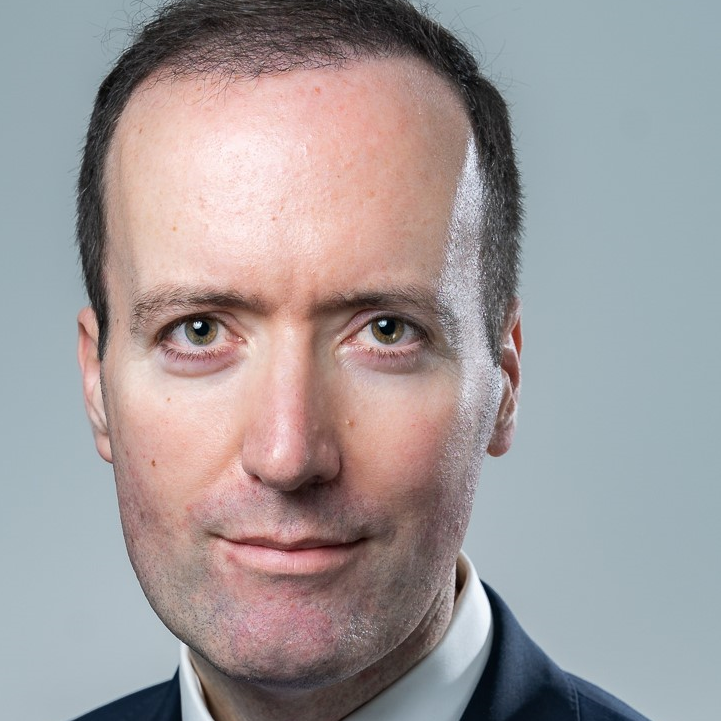
Javier Cavada
CEO Highview Power
Tom Chadwick
CEO GI Energy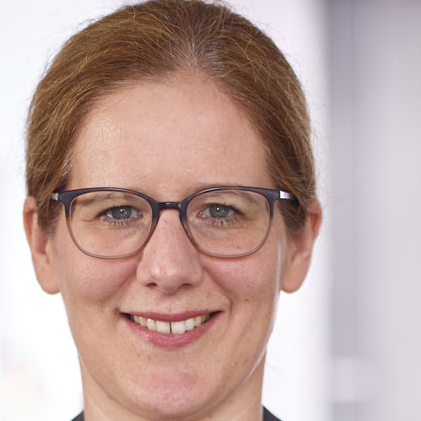
Sabine Erlinghagen
CEO Digital Grid Siemens Smart Infrastructure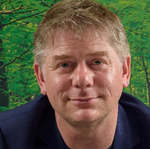
Greg Jackson
Founder and CEO Octopus Energy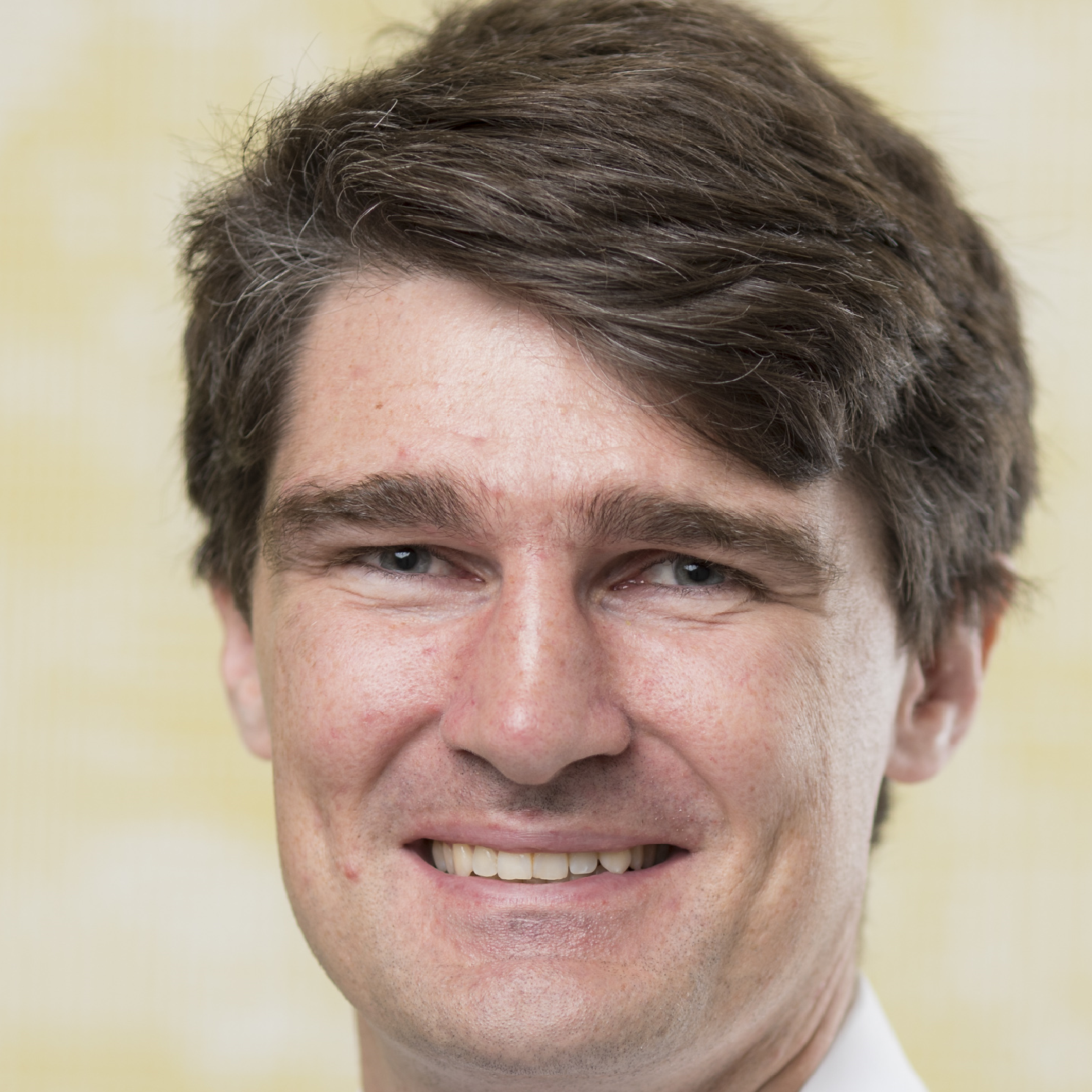
Michael Kenefick
Analyst BloombergNEF
Laura Millan
Climate change reporter Bloomberg Green
Sandrine Mubenga
CEO D.R.Congo Electricity Regulatory Authority and President of STEM DRC Initiative
Akshat Rathi
Reporter Bloomberg Green
Mark Wilson
CEO ILI GroupSponsor
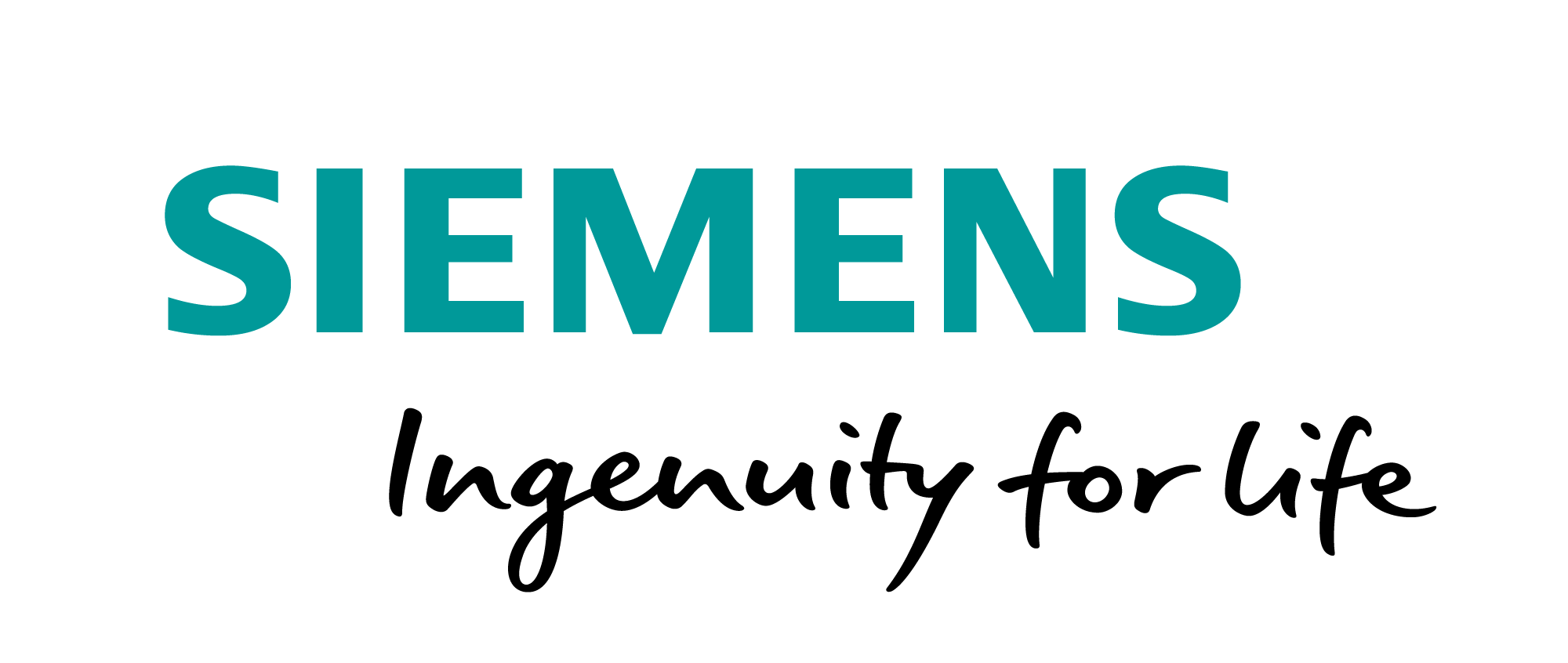
Siemens Smart Infrastructure (SI) is shaping the market for intelligent, adaptive infrastructure for today and the future. It addresses the pressing challenges of urbanization and climate change by connecting energy systems, buildings and industries. SI provides customers with a comprehensive end-to-end portfolio from a single source – with products, systems, solutions and services from the point of power generation all the way to consumption. With an increasingly digitalized ecosystem, it helps customers thrive and communities progress while contributing toward protecting the planet. SI creates environments that care. Siemens Smart Infrastructure has its global headquarters in Zug, Switzerland, and has around 72,000 employees worldwide.